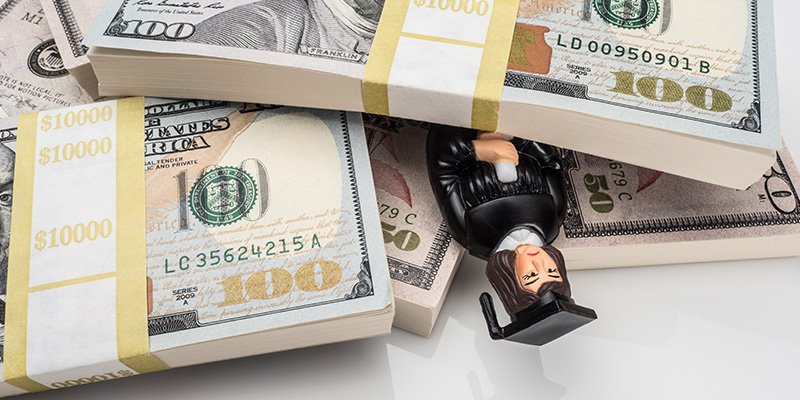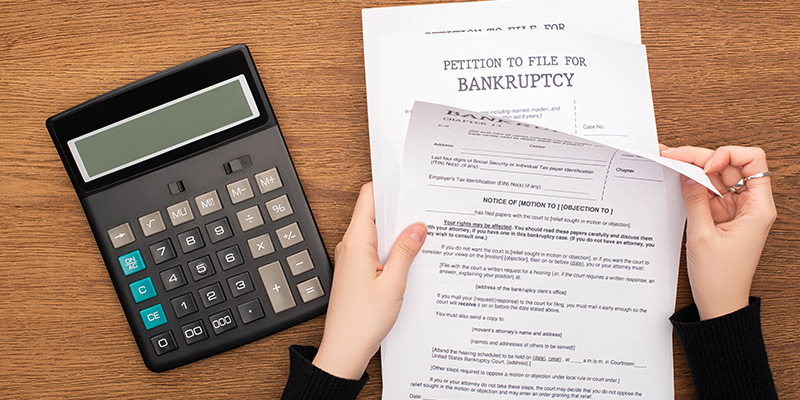
OlsenDaines’ 7th Annual Turkey Giveaway
It’s that time of year again. With the weather cooling down and the holidays just around the corner, the OlsenDaines team is gearing up to give back to our local
Get Help Today

It’s that time of year again. With the weather cooling down and the holidays just around the corner, the OlsenDaines team is gearing up to give back to our local

If money feels tight, you’re not alone. Inflation and the high cost of living have made it a challenge for many Oregonians and Washingtonians to make their monthly mortgage payment.

The prospect of filing for bankruptcy can be daunting, primarily because of the fear of losing personal assets — especially your home. However, many U.S. states have crafted specific exemptions

The answer as to whether bankruptcy can help healthcare providers in Medicaid or Medicare termination varies by jurisdiction, but it generally leans towards a conditional yes. It all depends on

Any debt relief is good relief for those who owe on their student loans, including forgiveness programs and bankruptcy. Federal student loan payments were paused starting in March 2020, and

Chapter 7 bankruptcy, also known as straight bankruptcy or liquidation bankruptcy, is a legal process designed to help individuals wipe out their unsecured debts and get a fresh start with